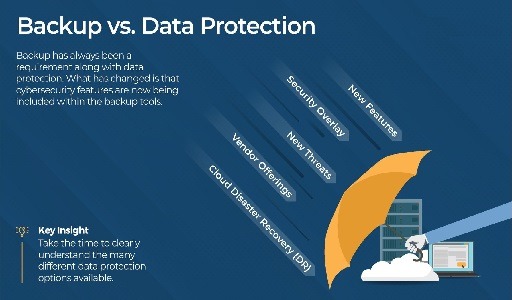Running a business has never been an easy task. Dealing with change has historically been a particular challenge for many businesses.
However, in the pre-digital days, a significant change was not very frequent. The adoption and penetration of services like Altice Optimum, for example, took several decades to get to where it is.
Even a significant change like the internet, however, has competition. Especially when compared to something as big as a global health crisis. 
Luckily, the internet and the tech that depends on it hold the answer. Cloud computing is a unique way for businesses to adapt to this massive change. Under the circumstances, it may be a good idea for any business to move to the cloud. Find out more below.
Why Moving Your Business to the Cloud Is a Good Idea?
Modern businesses have to contend with changes of many kinds. Changes in workplace culture, industry standards, and even geopolitics. That’s not to mention how rapidly technology tends to evolve these days.
And, of course, there is now evidence of unprecedented transformations, such as through a pandemic. But in this last instance, existing cloud technology has helped many businesses cope and survive.
Many have even found a remote working model based on cloud tech to be much more efficient than business as usual. Here are a few compelling reasons why moving your business to one may be a good idea:
Reduce Health Hazards for Workers
The biggest and foremost benefit of a cloud model for business is employee safety. The COVID-19 is thought to enter and attack a host via the respiratory system. This is generally why wearing masks and maintaining safe distances have been important.
However, a conventional workplace will typically involve shared spaces. At a time when health and safety are critical, employers would do well to shift to a cloud model.
This can help ensure nobody is at risk of being exposed to the virus. At the same time, workers can access business systems via the cloud from anywhere. That way, your employees can continue to work safely.
You may also like Cloud File Servers: A Beginner’s Guide
Cut Down on Utilities and Overheads
Maintaining an on-site business isn’t cheap. In major cities, floor space is often quite pricey. But even in a smaller city, rent and utilities will remain an important expense. However, with a cloud model, you should see a decrease in your overhead costs. This means you can make savings that you could redirect to crucial business needs.
Save Money with Cloud Software Services
Using cloud SaaS can also help you save costs. The costs of a homegrown cloud system can be staggering. Developing a system from scratch can often take weeks or more. Testing, debugging, and making changes can take even longer. Then you may have to contend with hosting, security, and maintenance costs.
However, cloud tech allows companies like Google, Microsoft, and hundreds of others to offer software as a service. SaaS means you only have to pay a subscription to the service provider. These are usually scalable, and you can save significantly on costs you would pay with an in-house system.
Offer a Better Work-Life Balance
A good work-life balance is important for both workers and businesses. When workers have more time to engage with friends, families, and themselves, they remain motivated.
However, with an unhealthy balance, employees begin to lose both motivation and productivity. Cloud technology offers a unique approach to the workforce. Workers can work remotely from home and can spend more time with people outside of work.
You may also like 5 Steps to Help You Choose the Right Web Hosting Service
Benefit from Enhanced Digital Security and Protection
One important advantage of using cloud business systems is enhanced security. On your own, you would need a cybersecurity team. And you’d need to spend frequently on upgrading and maintaining security.
However, with cloud systems, you don’t need to spend time and money. These service providers understand security and protection are key selling points. Without security and confidentiality, they would lose their customers.
Therefore, they typically invest a lot in keeping their services well-protected. All you have to do is keep your devices updated and your subscriptions going.
Open Your Workforce to Global Candidates and Talent
Finally, cloud-based remote work opens doors to diverse talent. People don’t need to be in the same city (or even country) as you to work for you. As long as they have internet access, you should be able to hire from more diverse global candidate pools. You may be able to source the right talent on a scale that hasn’t been seen before
Would you like to read more about Cloud Service-related articles? If so, we invite you to take a look at our other tech topics before you leave!
![]()













